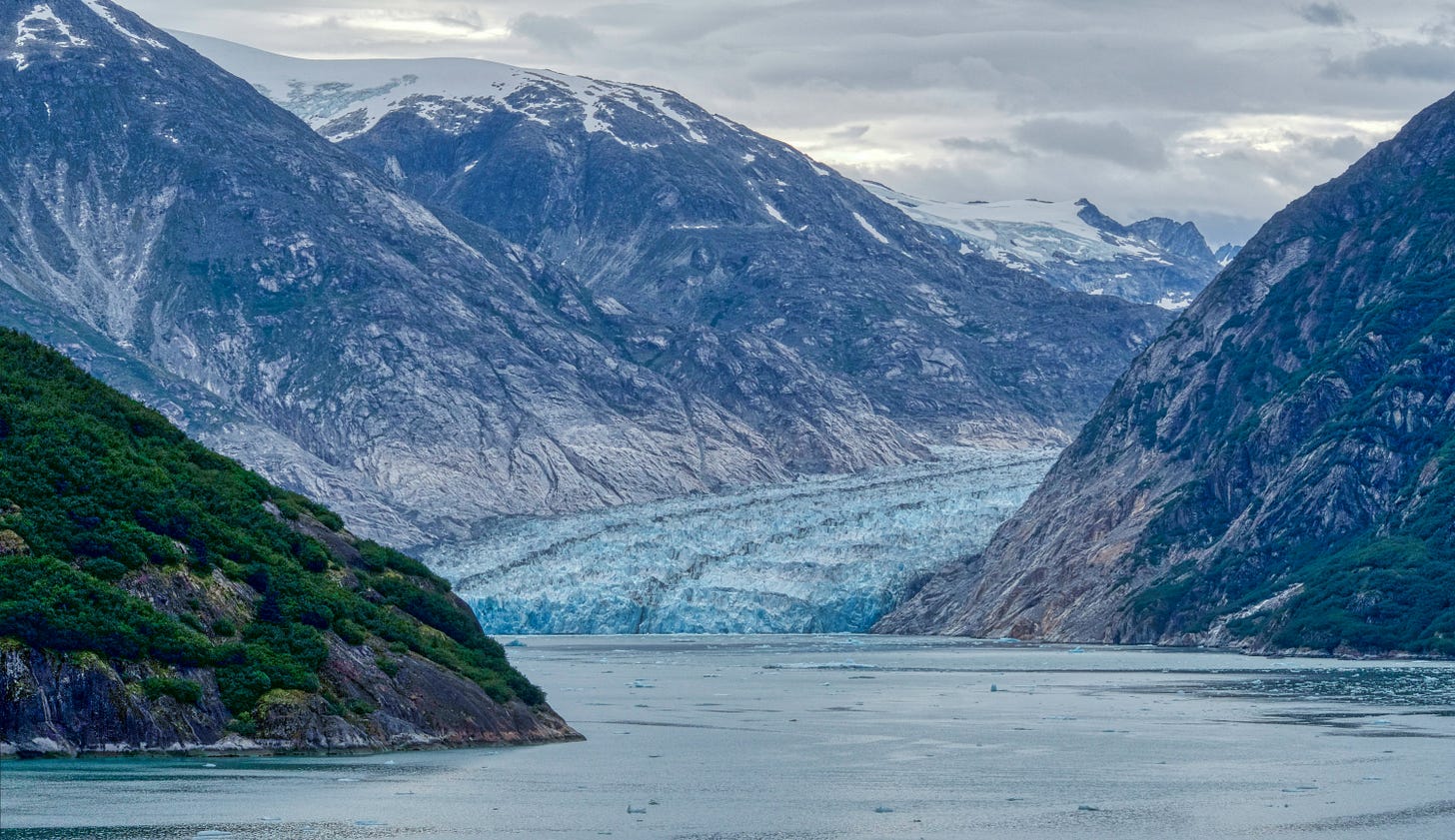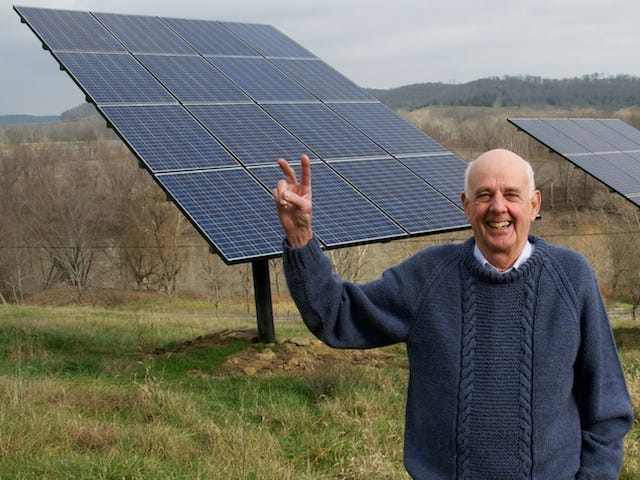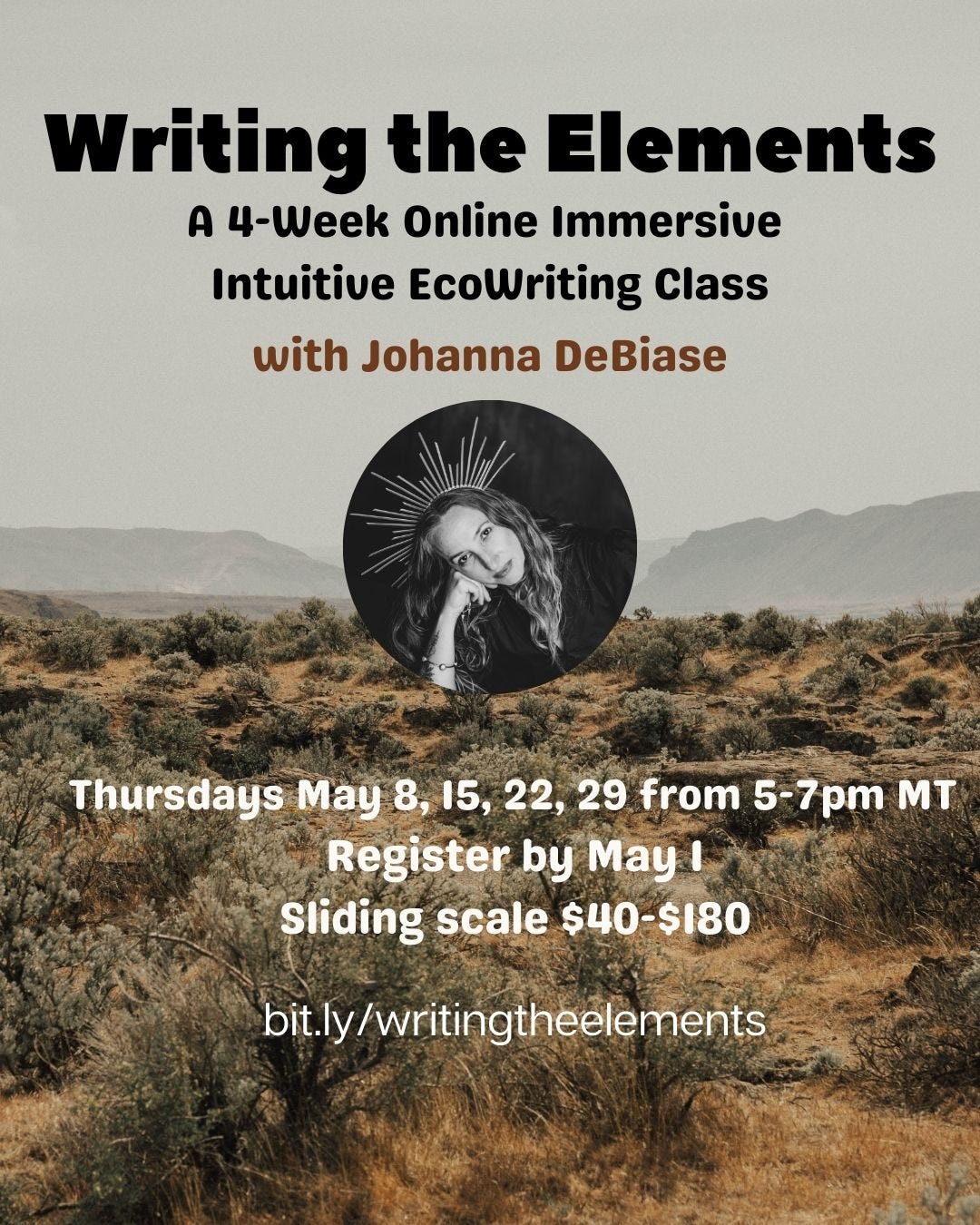Dear Rio Grande National Monument
The importance of public lands
We All Use Public Lands
When you leave your house to go for a walk, where do you go? Straight to the city park perhaps, or to a forest trail or to a nearby river or the public beach? How often when you spend time in nature, are you on public lands? Unless you are strolling around your subdivision, you are probably on public land. According to the non-profit group Outdoor Alliance, public lands, which comprise nearly 40 percent of the United States, have seen a steady increase in visitors over the past 15 years.
If you enjoy public lands, you may have noticed that trailheads are more crowded than ever and campsites that were once readily available, now need to be booked months in advance. United States public lands are already more taxed than ever. But to add to this, last month an estimated 2,300 employees of the U.S. Department of the Interior and 3,400 employees of the U.S. Forest Service were indiscriminately fired by the current federal administration. You may recall shuttered visitor centers, closed trails, locked pit toilets and overflowing trash cans from Trump’s first term. The upcoming summer recreation season isn’t looking much better. Already National Parks are delaying reservations, cancelling tours and cutting back on operating hours.

Public Lands are in Danger
These might feel like temporary setbacks in the long scheme of things, but unfortunately there are more dire effects at play. According to Oil and Gas Watch, the Trump administration is accelerating the approval of drilling permits on federal lands, as well as possibly revoking protections for national monuments and other public lands, which could open up to 13.5 million acres for drilling and mining. The Arctic National Wildlife Refuge (ANWR) is once again a target for oil drilling, with the administration likely eliminating environmental restrictions put in place by the Biden administration.
Oil drilling has significant negative effects on the land including ecosystem damage, soil degradation, vegetation loss, migratory disruption, destruction of pristine wilderness landscapes, air pollution, habitat destruction and more. Additionally, even after sites are abandoned, it can take centuries for the land to fully recover its pre-development condition.
But why should you care? And don’t we need oil?!
We Need Public Land
Besides the fact that wilderness areas provide clean air, clean water, herbal medicines, wild foods, biodiversity, homes for animals, recreation, mental health, freedom to explore, and scientific laboratories to learn from, there are unlimited spiritual benefits to keeping the Earth wild. But I’ll leave it to the maestro Wendell Berry to explain in his poem, “The Peace of Wild Things.”
When despair for the world grows in me and I wake in the night at the least sound in fear of what my life and my children's lives may be, I go and lie down where the wood drake rests in his beauty on the water, and the great heron feeds. I come into the peace of wild things who do not tax their lives with forethought of grief. I come into the presence of still water. And I feel above me the day-blind stars waiting with their light. For a time I rest in the grace of the world, and am free.
Have you ever known this feeling, resting in wild spaces? We all have felt the awe and beauty of the wilderness and its worth preserving.
Oil Production is Unsustainable
The truth is, we do need oil. Our entire global infrastructure runs on oil. Even from my off-grid home, I still require gas and that will remain so until I can afford to purchase a rustic electric truck to plug into my solar panels. But we need oil to build solar panels and batteries. We need oil to transport food and goods. We need oil for everything. That is the way our industrial world was constructed. And the Captains of Industry such as Trump and Musk, know that we need oil to keep the world running.
However, the reality is that oil is a finite resource and there is no more easy oil. That’s why we need to frack despite the multiple studies that show the negative health effects in newborns from in utero exposure to fracking sites. And that’s why we need to do it in pristine Alaskan wilderness areas where grizzlies and moose still roam unfettered by humans. We need to go farther and deeper to find oil. These unconventional sources of oil have much higher Energy Rates on Investment (EROI) which means a higher cost of production and lower profits for the oil company. A higher EROI requires using more materials, such as a gigantic oil rig, that requires more energy to produce more energy. We need more oil to get more oil. (Not to mention, they are more environmentally taxing due to the larger number of resources required to extract the oil.)
As more accessible unconventional reserves are depleted, companies are forced to extract from more challenging and less productive deposits that typically require more energy-intensive methods, further reducing EROI. The EROI of unconventional oil is expected to continue to decline due to resource depletion, energy intensive extraction methods, decreasing demand due to new technologies, and environmental constraints. While it is possible technological advancements may shift the deadline, the EROI of unconventional oil will inevitably continue to decline over time.

We Can’t Eat, Breathe or Drink Oil
The Captains of Industry are in a race to make as much money as they can from a dying industry at the cost of babies, humanity and the environment. Instead of pooling capitals toward restructuring our energy system and toward science that can discover new energy sources, we are looking forward to a dystopic future where only the few have access to money and oil and everyone else is without modern amenities, resources or livelihoods. A world without oil and without healthy wilderness areas is a destitute one.
It is imperative for the well-being of all beings that we conserve public land and wild spaces, giving them plenty of buffer room to breathe and do their thing without impingement from industry. I invite you to consider all the ways in which you utilize public lands and all the joy they bring you. If you are concerned about the loss of irreplacable wilderness land, write to your representatives.
Here is a love letter I wrote to one of my favorite national monuments, the one in my backyard, Rio Grande del Norte National Monument.
Dear Rio Grande del Norte National Monument,
I remember the first time I saw you. Was it love at first sight? I was 19 and had been traveling, a wide-eyed New Yorker amazed at the magnitude of the West—the snowcapped mountains, startling hoodoos, wide isolate mesas, and deep red canyons. My girlfriends and I stood on the Gorge Bridge and looked down 650 feet at the plunging distance as if our whole lives were behind us when instead they had only just begun. We stood at the precipice of adulthood supremely naïve, fools in search of souls via the wide terrains of the unknown and vast deserts. How lucky we were to experience you then, but also how lucky my daughter is to grow up beside you, riding her bike along your rim, tubing through your rocky rivers, and jumping off your lower bridges into the refreshing cool waters below.
What a blessing to hike your canyon paths from bottom to top, a blessing to drum on your banks watched by the ancient faces of your canyon walls, a blessing to gather with friends in your pools, a blessing to dodge cliff swallows protecting their roosts in your narrows, and a blessing to stare eye to eye with Big Horn sheep hopping from ledge to ledge within your steep domain. Over the years I've gotten to know you so well, your history, both natural and human. I've learned about the pueblos and settlements that made homes along your abundant waterways. I've learned of the billions of years of volcanic and tectonic activity that danced into formation to create the Rift Valley that would allow enough malleability for you to carve your passage through.
Is it strange to love a canyon? A river? Is it strange to love a land I'm a foreigner to? Thank you, Rio, for taking me in and caring for me like I am one of your own. Thank you for holding me, cleansing me and comforting me when I needed it most. Thank you for containing my family and home in your valley.
With love,
Johanna



